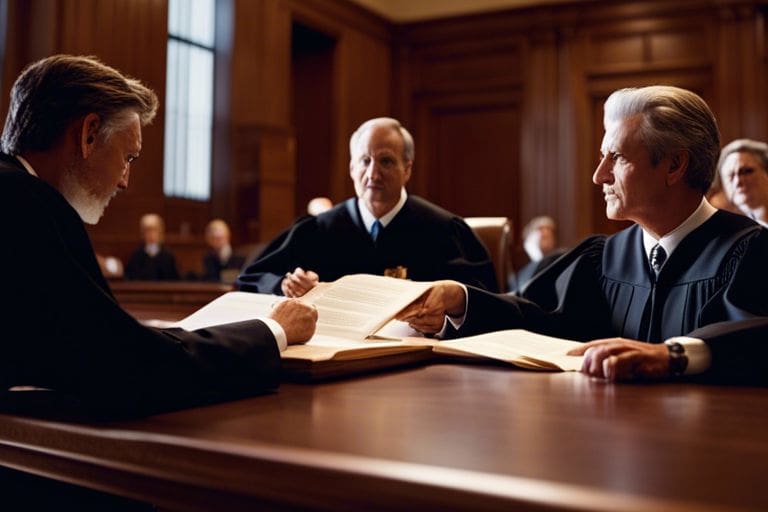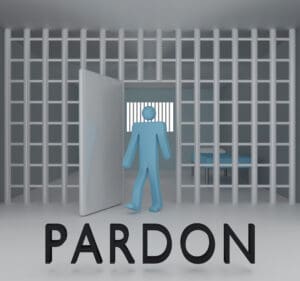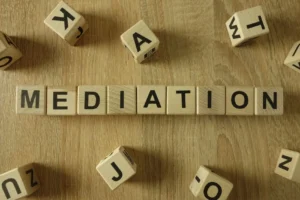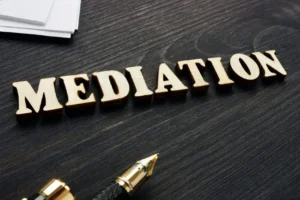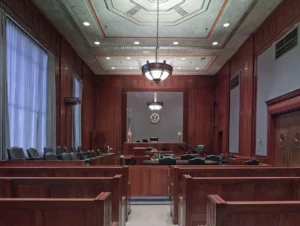There’s a pivotal role in the judicial system that Appellate Courts play, shaping the interpretation and application of law. Understanding their legal processes and functions is crucial for a transparent and just legal system. Dive into the intricate workings of Appellate Courts to grasp their significance in upholding justice and maintaining the rule of law.
Structure and Organization
Hierarchical System
Your organization of the appellate court system follows a hierarchical structure, with multiple levels of courts that hear appeals from lower courts. Generally, there are intermediate appellate courts that review decisions from trial courts, and then a final appellate court, such as a state supreme court or federal appellate court, that hears appeals from the intermediate courts.
Jurisdictional Boundaries
With jurisdictional boundaries, each level of the appellate court system has specific types of cases it can hear. For example, state intermediate appellate courts may have jurisdiction over most civil and criminal appeals, while supreme courts may have the final say on all appeals within their state. Plus, federal appellate courts have jurisdiction over cases involving federal law or constitutional issues.
Appellate Court Functions
Some Appellate courts are responsible for a variety of functions that are crucial to the legal system. These functions are necessary in ensuring fair and just outcomes in the judicial process.
Reviewing Trial Court Decisions
An appellate court plays a vital role in reviewing decisions made by lower trial courts. It examines these decisions to determine if any legal errors were made. This function helps ensure that justice is upheld and that legal procedures are correctly followed.
Interpreting Laws and Regulations
With appellate courts are responsible for interpreting and clarifying complex laws and regulations. This interpretation is necessary in providing guidance to lower courts and legal practitioners on the correct application of the law. It helps in maintaining consistency and coherence in the legal system.
Trial courts make decisions based on the facts and evidence presented in a case, while appellate courts focus on the application and interpretation of the law itself. Through this process, appellate courts help establish legal precedent and ensure uniformity in the interpretation of laws.
Legal Processes
Filing Appeals
Now, filing appeals in the appellate court is a crucial step in the legal process. It involves submitting the necessary paperwork and documentation to initiate a review of a lower court’s decision.
Briefing and Argumentation
One necessary aspect of appellate court proceedings is briefing and argumentation. This involves presenting written arguments in a legal brief and then orally arguing the case before a panel of appellate judges.
Understanding the intricacies of briefing and argumentation is critical as it can greatly influence the outcome of an appeal. The strength of the arguments presented, the skill of the attorney in presenting them, and the persuasiveness of the legal brief all play a role in the appellate court’s decision-making process.
Final Words
Summing up, the article “Appellate Court – Legal Processes and Functions” researches into the intricate workings of the appellate court system, shedding light on its legal processes and functions. Through a formal and informative tone, reminiscent of renowned figures like Alexander Hamilton, readers are provided with valuable insights into this crucial aspect of the judiciary.
FAQ
Q: What is the role of an Appellate Court?
A: The Appellate Court serves as the judicial body responsible for reviewing decisions made by lower courts. Its primary function is to determine whether legal errors were made during the trial court proceedings.
Q: How does the Appellate Court differ from the Trial Court?
A: Unlike the Trial Court, which conducts initial trials and makes rulings based on evidence and testimony, the Appellate Court does not hear new evidence or testimony. Instead, it reviews the legal procedures and decisions made by the trial court to ensure they were fair and in compliance with the law.
Q: What are the possible outcomes of an Appellate Court decision?
A: After reviewing a case, the Appellate Court can uphold the lower court’s decision, reverse it, remand the case back to the lower court for further proceedings, or modify the lower court’s decision. The Appellate Court’s objective is to achieve justice and maintain the consistency and integrity of the legal system.
Type of Attorney for Appellate Court Cases and How to Find Them on Attorneys.Media
When dealing with appellate court cases, it is crucial to seek the assistance of an attorney who specializes in appellate law. These attorneys are experts in navigating the complexities of the appellate process, crafting persuasive legal arguments, and understanding the procedural nuances unique to appeals. Their expertise is critical in increasing the chances of a successful appeal.
To find a suitable appellate attorney on Attorneys.Media, start by searching for professionals with significant experience in appellate law. The platform offers detailed profiles of attorneys, highlighting their appellate court experience, areas of specialization, and notable case successes. Look for attorneys who have a strong track record of handling appeals, particularly in the relevant area of law, whether civil or criminal.
Attorneys.Media also features video interviews with attorneys, providing deeper insights into their legal strategies and expertise. These interviews can help you assess an attorney’s communication style, their approach to appellate cases, and their ability to effectively represent clients in higher courts. By utilizing the platform’s search and filtering tools, you can find a trusted appellate attorney who can guide you through the appellate process and help you achieve the best possible outcome for your case.
Possible Reference URLs
- United States Courts – Understanding the Federal Courts: https://www.uscourts.gov/about-federal-courts/court-role-and-structure
- American Bar Association – Appellate Practice: https://www.americanbar.org/groups/litigation/committees/appellate-practice/
- National Center for State Courts – Appellate Courts Resource Guide: https://www.ncsc.org/topics/court-administration/appellate-courts/resource-guide
- FindLaw – Appellate Procedure: https://www.findlaw.com/litigation/legal-system/appellate-procedure.html
- Justia – Appeals and Appellate:

